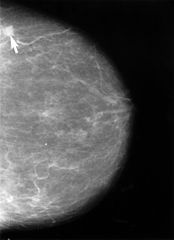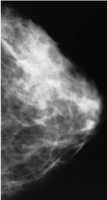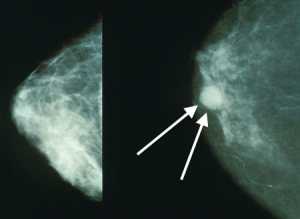MedicalResearch.com Interview with:
Josefa Briceno, MD
Medical Head, DDR/ADC Franchise
AstraZenca
MedicalResearch.com: What is the background for this study? What are the main findings?
Response: In January 2018, the US FDA expanded the approved use of LYNPARZA to treat patients with HER2- negative metastatic breast cancer with germline
BRCA mutations based on positive results from the Phase III OlympiAD trial, which demonstrated the benefit of LYNPARZA over standard of care in physician’s choice chemotherapy in this patient population. LUCY is a Phase IIIb interim analysis aimed to evaluate the clinical effectiveness and safety of LYNPARZA in a real-world setting and has been expanded to include a group of patients with somatic
BRCA mutations.
A total of 252 patients with HER2-negative metastatic breast cancer with germline
BRCA mutations were enrolled in the open-label, single-arm, Phase IIIb study. Patients received a taxane and/or anthracycline in the (neo)adjuvant/metastatic setting, and ≤2 lines of chemotherapy.
The primary end point of the study was investigator-defined progression-free survival (PFS), and secondary end points included overall survival, time to first subsequent therapy or death, and investigator-assessed clinical response rate. The interim analysis was planned to take place after 160 progression-free survival events.
Overall, treatment lasted for a median of 7.9 months, and the median progression-free survival was 8.1 months (95% confidence interval of 6.9-8.7; 166 progression-free survival events).
In addition, the median time to first subsequent therapy or death was 9.7 months (95% confidence interval of 8.7-11.1) and the investigator-assessed clinical response rate was 48.6% (95% confidence interval of 42.2-55.0).
Adverse events of all grades were reported in >20% of patients were nausea, anemia, asthenia, vomiting, and fatigue. Grade ≥3 adverse events were reported in 24.6% of patients, and 4.4% of patients had an adverse event that led to treatment discontinuation.
(more…)






























